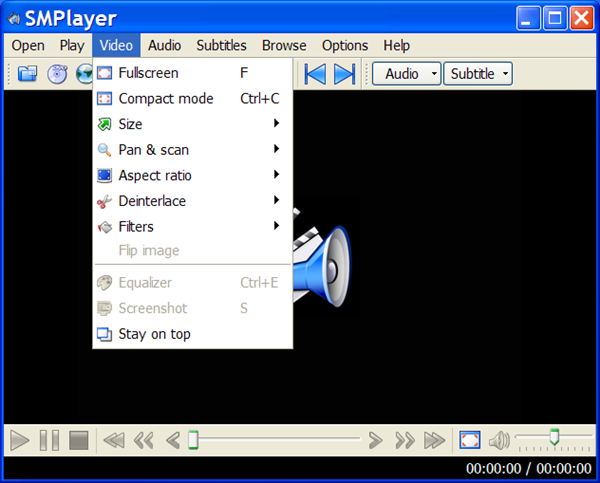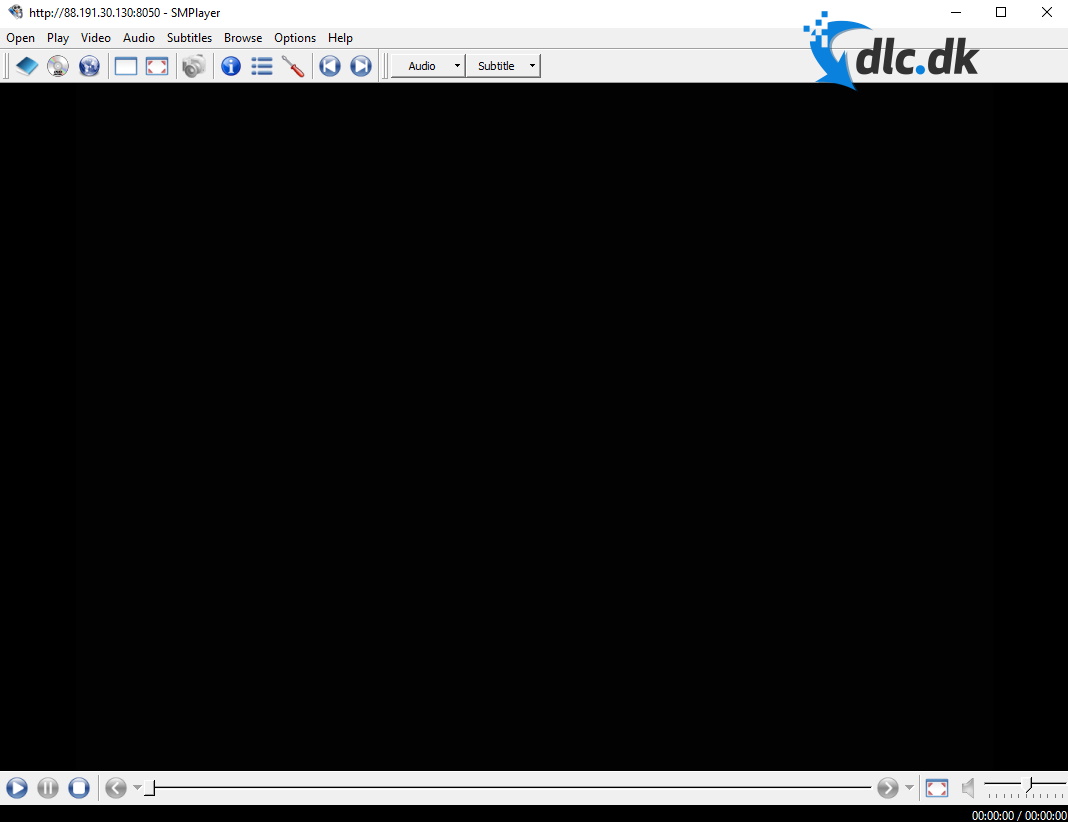
The apt policy command above shows that I currently have Chromium browser beta (version 72) installed from the Saiarcot Chromium Beta PPA, with two older versions being available in the Ubuntu security/updates and main repositories. Let's look at a more complicated example - a package that can't be directly downgraded using apt without also downgrading some of its dependencies.ĥ00 cosmic-security/universe amd64 Packagesĥ00 cosmic-updates/universe amd64 Packages There are cases in which you must resolve some dependencies to be able to downgrade the package though, and we'll look at an example like that below. The following packages will be DOWNGRADED:Ġ upgraded, 0 newly installed, 1 downgraded, 0 to remove and 51 not upgraded.Īfter this operation, 4,243 kB disk space will be freed. $ sudo apt install firefox=63.0+build1-0ubuntu1 This command downgrades Firefox without having to downgrade any other packages, because Firefox doesn't depend on any strict package versions: Sudo apt install firefox=63.0+build1-0ubuntu1 To downgrade Firefox from the installed 65.0+build2-0ubuntu0.18.10.1 version, to the 63.0+build1-0ubuntu1 version from the main repository, the command would be:

There is an older version, 63.0+build1-0ubuntu1, available in the main repository, so Firefox can be downgraded to this version. This apt command shows that the Firefox version installed on my system is 65.0+build2-0ubuntu0.18.10.1, and it's available in the cosmic-security and cosmic-updates repositories. The first thing to do is to look at the available versions, by running apt policy firefox ( apt-cache policy works as well): I currently have Firefox 65 installed in Ubuntu 18.10, and I want to downgrade it using apt. To downgrade a package to a specific version, you'll need to append =version after the package name in the installation command, with version being the version to which you want to downgrade the package:



This article explains how to downgrade a package to a specific version using apt, in Debian, Ubuntu or Linux Mint (from the command line).


 0 kommentar(er)
0 kommentar(er)
